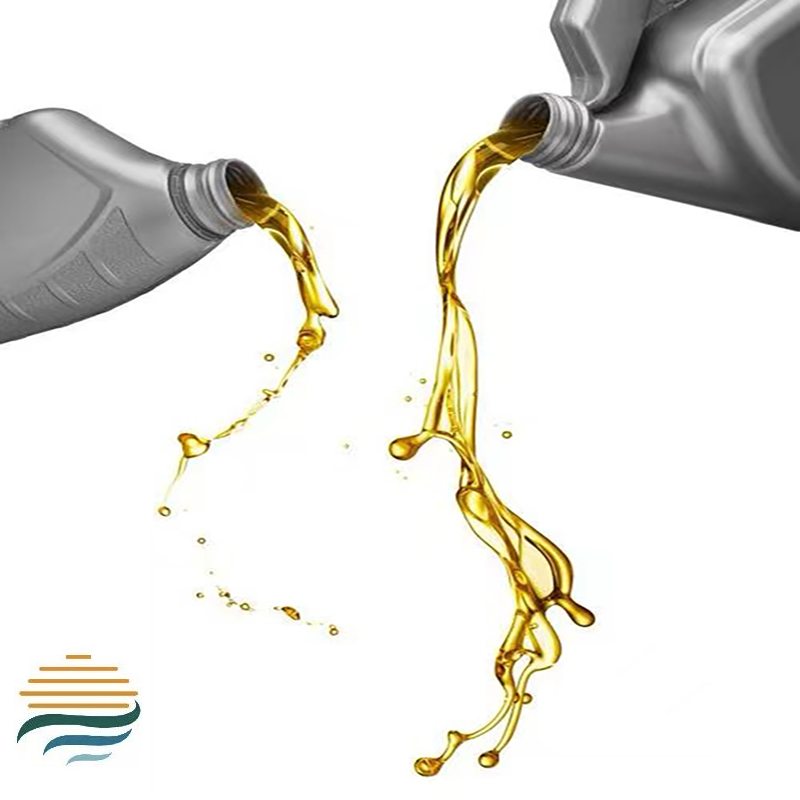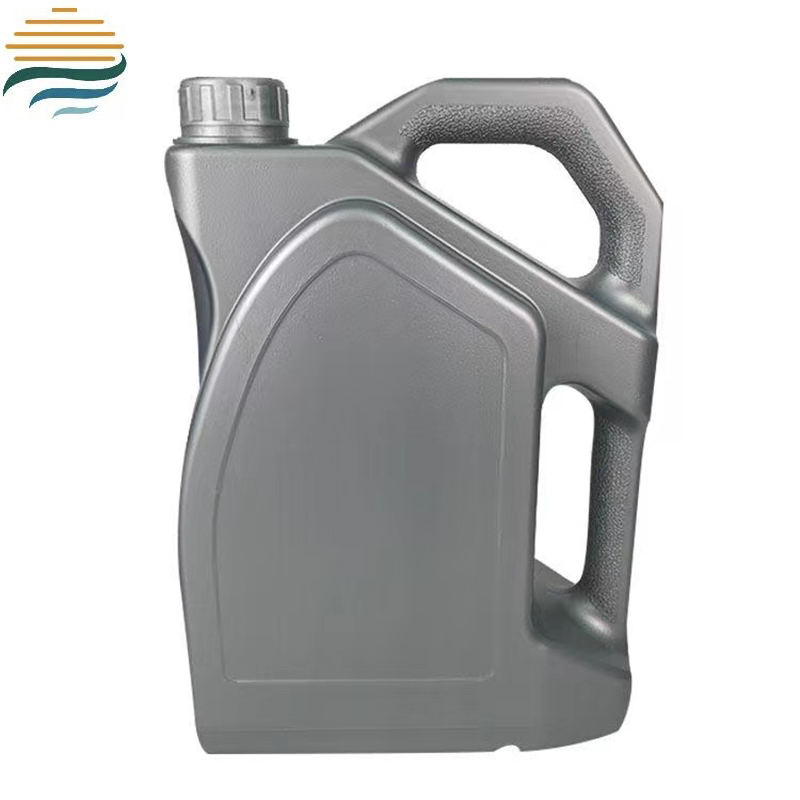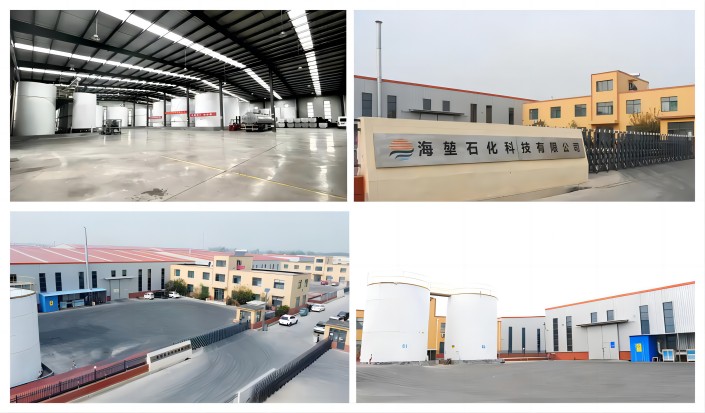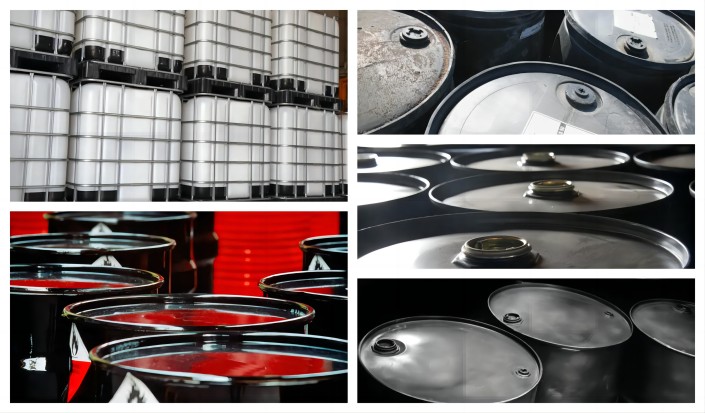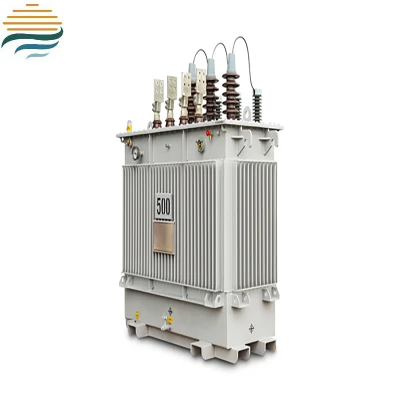Refrigeration Compressor Lubricating Oil
Refrigeration compressor lubricant, interchangeably known as refrigeration oil or simply compressor oil, is a specialized lubricant tailored for the intricate internal mechanisms of refrigeration compressors. Its essential purpose is to lubricate the compressor, the backbone of refrigeration systems, enabling it to operate smoothly and efficiently, thereby enhancing overall system performance and durability.
Product Details:Refrigeration Compressor Lubricating Oil
Refrigerator oil plays a vital role in refrigeration equipment. It not only affects the operating efficiency and life of the compressor, but also has an important impact on the stability and reliability of the entire refrigeration system. Therefore, in the selection and use of refrigerator oil, need to be based on the specific requirements of refrigeration equipment and the working environment for comprehensive consideration.
PARAMETER:
Sports Event | Quality Indicators | Test Methods | ||||||||||
assort ment | L-DRA | L-DRB | ||||||||||
Viscosity grade | 15 | 22 | 32 | 46 | 68 | 15 | 22 | 32 | 46 | 68 | ||
Kinematic viscosity (40°C) mm²/s) | 13.5- 16.5 | 19.8-2 4.2 | 28.8-3 5.2 | 41.4-50 .6 | 61.2-74 .8 | 13.5-16 .5 | 19.8-24 .2 | 28.8-35 .2 | 41.4-50 .6 | 61.2-74 .8 | GB/T265 | |
open-mouth ed flash Point, °C | Not less than | 150 | 150 | 160 | 160 | 170 | 150 | 160 | 165 | 170 | 175 | GB/T353 6 |
Pour point,°C | Not higher than | -35 | -35 | -30 | -30 | -25 | -45 | -45 | -42 | -39 | -36 | GB/T353 5 |
Moisture/mg/kg | Not greater than | 50 | 50 | 50 | 50 | 50 | 35 | 35 | 35 | 35 | 35 | GB/T111 33 |
Corrosi on test/classifi er: step, level | Not greater than | 1b | 1b | 1b | 1b | 1b | 1a | 1a | 1a | 1a | 1a | GB/T509 6 |
1. Specifications:
GB/T 16630-1996.
2. Points of choice:
(1) Viscosity: The viscosity of refrigerator oil is an important indicator of its fluidity performance. Select the appropriate viscosity according to the compressor speed, operating temperature and load. Generally speaking, the higher the speed of the compressor, the greater the viscosity of the refrigerator oil used should be.
(2) Thermal and chemical stability: Refrigerator oil should have good thermal and chemical stability to ensure that it does not decompose and deteriorate at high temperatures and is compatible with refrigerants and system materials.
(3) Lubricating performance: Refrigerator oil should have good lubricating performance to reduce friction and wear during compressor operation and prolong the service life of the equipment.
(4) Low-temperature fluidity: In a low-temperature environment, freezer oil should have good fluidity to ensure the normal operation of the refrigeration system.
3. Difference between freezer oil and lubricant
Freezer oil: It is a lubricant specially used for the internal moving parts of refrigeration compressor. It is formulated according to the working characteristics of the freezer and the specific requirements of the lubricant, mainly used to lubricate the moving parts of the compressor, reduce resistance and friction, reduce power consumption, and extend the service life. In addition, the freezer oil also has good low temperature fluidity and thermal stability, can be maintained at very low temperatures in the flow state, and to prevent the compressor due to overheating and damage.
Lubricant: A widely used lubricant, liquid or semi-solid lubricant used in all types of automobiles, machinery and equipment to reduce friction and protect machinery and processed parts. The main functions of lubricant include lubrication, auxiliary cooling, rust prevention, cleaning, sealing and cushioning. It is suitable for a variety of working environments and conditions to meet the needs of different equipment for lubrication and protection.
Own Factory
Employees at Working
Canned Oil Products
Transportation
SERVICE
Customer demand analysis
Collect and analyze customers' specific needs, preferences and pain points through questionnaires and interviews.
Customer Portrait
Clarify the customer's industry attributes, geographical attributes, main products, purchasing preferences and enterprise scale. Analyze the customer's decision-making process, intermediate channels, departmental functions and certification requirements. Understand the customer's position, procurement decision-making power, the way to find suppliers, etc..
FAQ:
Q: Are you a factory or a trading company?
A: We are a professional foreign trade company, and we have established long-term cooperation with many high-quality factories. This enables us to offer a more comprehensive product line, flexible delivery and excellent service.
Q: How do you calculate shipping cost?
A: Freight charges are usually determined according to the weight and volume of the goods, mode of transportation and destination. We can provide you with a variety of shipping options including sea freight, air freight and express delivery, and calculate the shipping cost of each option in detail for you to choose.
Q: What if the goods are damaged in transit?
A: We have purchased transportation insurance for all the goods to cope with possible transportation risks.


